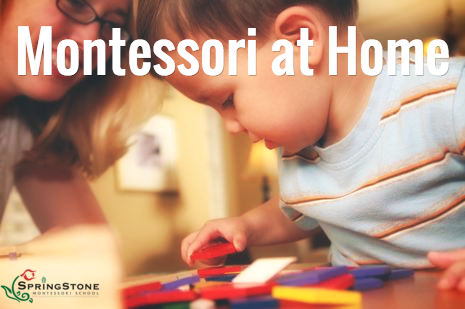A Montessori Philosophy Explained – Praise versus Encouragement
Praise Versus Encouragement
This might be a surprise to some families that within a Montessori learning environment, our teachers provide encouragement to all our children, and we stay away from praise. You might ask why, and we would like to elaborate on the reasons, and list the ultimate benefits for your child.
Let’s take a look at the implications of using praise versus encouragement. When we see a child, who is constantly looking for recognition and complimentary feedback, we know that this child is used to receiving praise for everything they do. And if we approach this child with encouragement instead of praise, they will not feel that any form of an encouraging phrase instead of direct praise will mean that they did well.
So, how do we get to a point where the child will seek encouragement versus praise? It is a matter of consistent practice. And the benefits are multifold, starting with the internal sense of satisfaction and confidence the child will feel when they accomplish work.
And there is more…. Independence, personal pride, sense of accomplishment, self-empowerment, increased self-worth.
How do we distinguish praise from encouragement? Let’s take a look at praise first.
Praise
Giving a child continual praise can make it difficult for the child to feel a sense of self-satisfaction. It can also put pressure on the child to live up to someone else’s standards instead of simply taking pride in doing their best. Statements like the following can inhibit children from gaining independence because they are constantly wanting praise from others, in particular, those in authority positions.
Praise Statements:
• “You are always such a good boy.”
• “You deserve a reward for cleaning up so well.”
Let’s take a look at the difference in encouragement.
Encouragement
Encouragement is empowering and fosters an intrinsic feeling of self-satisfaction. Encouragement helps the child to judge their own work and their own behavior without seeking adult approval. Encouragement is honest, unconditional, and promotes a feeling of self-worth.
Encouraging Statements:
• “You worked so hard at sweeping the floor.”
• “That was a difficult puzzle, and you focused and worked so diligently to finish it.”
• “Are you proud of your drawing? You stayed focused and were determined to complete such a detailed art project.”
So, how can you help your child to apply this philosophy to your home life with your child? Please help your child by making a diligent effort to avoid over-using praise at home. What will this do? You will see your child develop into a strong and confident child! Be proud to be the one to empower your child at their young age to be the best they can be!

